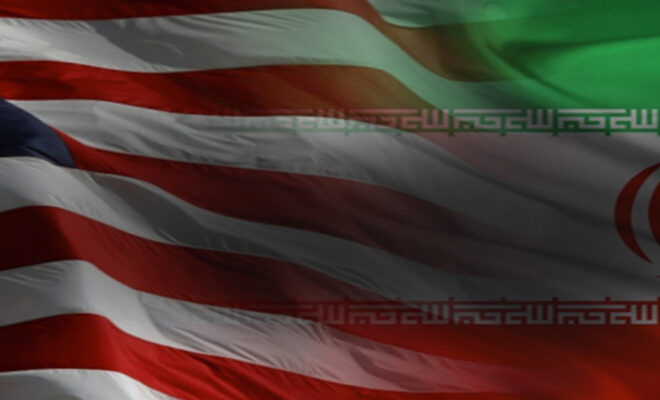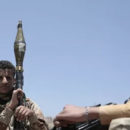Trust Iran but Don’t Verify

Trust Iran but Don’t Verify
The U.S. frets about secret nuclear activity but keeps negotiating.
WSJ | The Editorial Board | April 26, 2022
Talks in Vienna to revive the 2015 Iran nuclear deal paused last month, and it isn’t clear whether they’ll resume or officially end. A little-noticed line in a State Department report published last week makes a good case for formally walking away.
“The United States has concluded that serious concerns remained outstanding regarding possible undeclared nuclear material and activities in Iran,” according to State’s annual report on compliance with arms control and nonproliferation agreements. The document notes that the Islamic Republic has not fully cooperated with the International Atomic Energy Agency (IAEA), which is trying to investigate possible secret nuclear activity at four sites around the country.
Four years ago Donald Trump left the 2015 accord—which provided Tehran billions in sanctions relief for temporary limits on nuclear activity—and pursued a “maximum pressure” sanctions campaign. President Biden has eased some sanctions and promised more relief. Yet now talks reportedly have stalled over whether the U.S. will lift the terrorist designation for the Iranian terrorist group known as the Islamic Revolutionary Guard Corps.
But Iran’s refusal to cooperate with the IAEA on the suspect sites is the best signal that renewing the deal is misguided. How can the U.S. negotiate a return to a nuclear deal if it can’t verify all of Iran’s nuclear activity? The IAEA is trying to resolve its differences with Tehran, but even if it does the country’s long history of nuclear deception foretells the future. Iran was blocking inspections at military sites even when it was still adhering to the 2015 deal.
The State Department report also concludes that while “Iran is not currently engaged in key activities associated with the design and development of a nuclear weapon,” it continues “to expand its uranium enrichment activities and stocks of enriched uranium, key factors in the amount of time it would require to produce enough fissile material for a nuclear weapon.”
In other words, Washington doesn’t know the extent of Iran’s nuclear activity, but it knows enough to think Tehran isn’t building a weapon—at least not yet. Oh, and the regime is preparing to build a weapon faster if it does build one.
Western officials began saying in December that reviving the 2015 deal would become pointless within “weeks” amid Iranian nuclear advances. Weeks have come and gone. There are many reasons for the White House to walk away from talks with Iran, but the lack of meaningful verification is at the top of the list.









